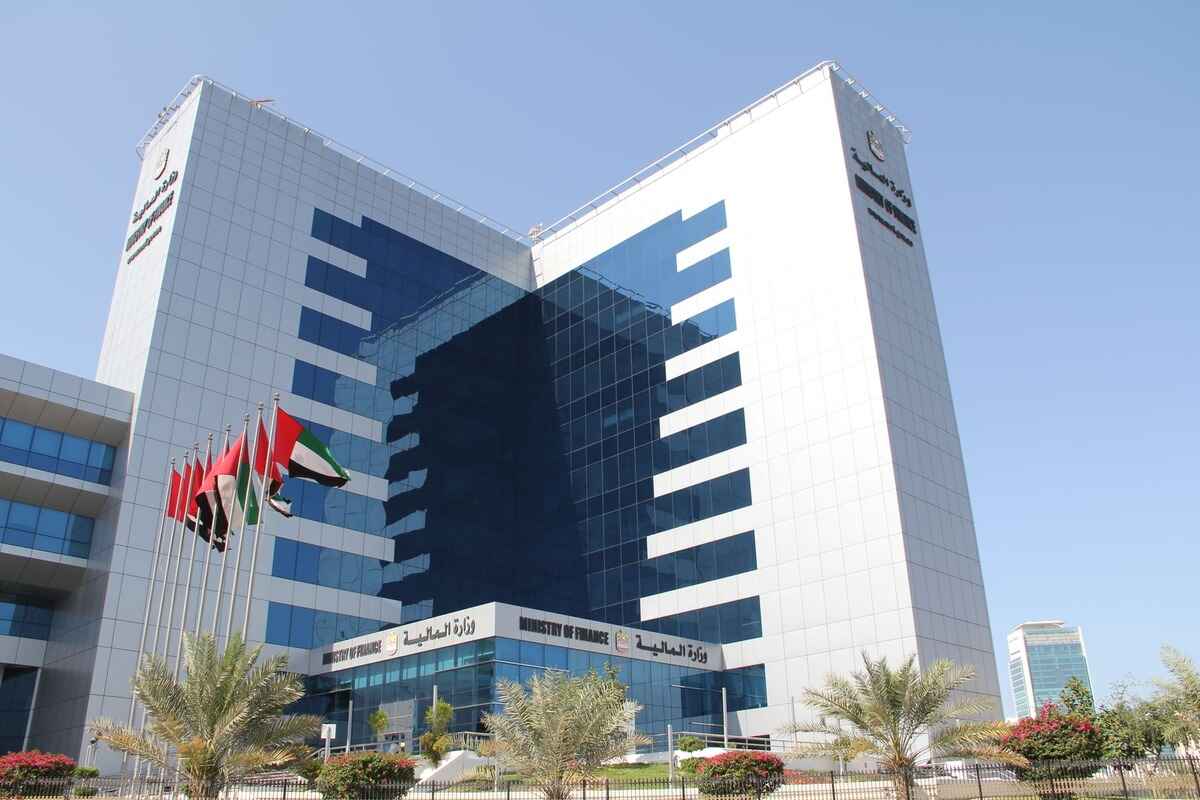
The United Arab Emirates (UAE) Ministry of Finance recently released an important piece of guidance regarding the Mutual Agreement Procedure (MAP), aimed at elucidating the processes and requirements for taxpayers seeking relief from double taxation. This new framework serves as a significant tool for businesses and individuals potentially affected by the complexities of cross-border taxation.
Understanding the Mutual Agreement Procedure
The MAP is an essential mechanism established under various double tax treaties that allow taxpayers to request assistance from competent authorities when faced with double taxation. This situation can arise from a variety of circumstances, including cross-border transfer pricing adjustments, which occur when different tax jurisdictions have diverging views on the valuation of intercompany transactions, or when there is uncertainty regarding the existence of a permanent establishment across borders.
The recent guidelines provide a comprehensive overview of the eligibility criteria for taxpayers wishing to utilize the MAP, the procedural aspects they must follow, and the specific documentation required for an effective claim. This clarity is especially crucial in today’s globalized economy, where businesses frequently operate beyond their national borders and are increasingly susceptible to disparate tax treatments.
Clarifying the MAP Claim Timeline
A particularly noteworthy aspect of the new guidance is the clarification surrounding the timeline for submitting a MAP claim. Under the new protocol, taxpayers are advised to file a MAP claim within three years from the moment they become aware of a potential double taxation scenario. This timeline underscores the importance of prompt action in tax matters, ensuring that taxpayers do not inadvertently forfeit their rights to relief by delaying their claims.
Additionally, the guidelines specify that prior rulings on tax matters made by UAE domestic courts or the Tax Dispute Resolution Committee could influence the scope of relief available to taxpayers under the MAP. This intertwining of domestic tax rulings with international tax relief mechanisms adds complexity to the navigation of tax liabilities, making the newly published guidance an invaluable resource.
The Importance of Comprehensive Documentation
In an effort to facilitate a smooth MAP process, the UAE’s guidance outlines a detailed list of required information that taxpayers must compile when submitting a claim. This requirement for thorough documentation is aligned with international best practices and is designed to expedite the resolution of MAP cases. The Ministry of Finance has emphasized its commitment to resolving cases as swiftly as possible, adhering to the timelines recommended by the Organisation for Economic Co-operation and Development (OECD). However, this expedited handling is contingent upon the timely and complete submission of relevant materials by taxpayers, as well as the cooperation of the competent authorities in the jurisdictions involved.
Strategic Advantages of the UAE's Tax Treaty Network
One of the leading advantages of the MAP guidance is its emphasis on the UAE’s extensive network of double taxation treaties. With a robust array of agreements with various countries, taxpayers in the UAE are ideally positioned to leverage these treaties for more favorable tax outcomes. The guidelines serve as an essential reference for taxpayers aiming to verify their eligibility for relief and navigate the complexities of determining which jurisdiction should be the recipient of their MAP application.
By publishing this guidance, the Ministry of Finance not only bolsters the transparency and predictability of tax processes in the UAE but also reinforces its commitment to creating a business-friendly environment. The clarity provided by the MAP guidance aligns with the UAE’s broader economic vision to enhance its appeal as a global business hub.
Conclusion
In conclusion, the UAE’s release of the MAP guidance marks a significant development in the realm of international taxation. It provides much-needed clarity and support to taxpayers navigating the challenges posed by double taxation. By establishing clear timelines, outlining necessary documentation, and emphasizing the strategic advantages of the UAE’s tax treaty network, the Ministry of Finance has fortified its commitment to fostering an environment of tax certainty and transparency. As the global economic landscape continues to evolve, such measures are paramount for ensuring that the UAE remains an attractive destination for investment and innovation.
Tags: #BusinessNews, #EconomyNews, #UAE, #DoubleTaxation, #MutualAgreementProcedure
